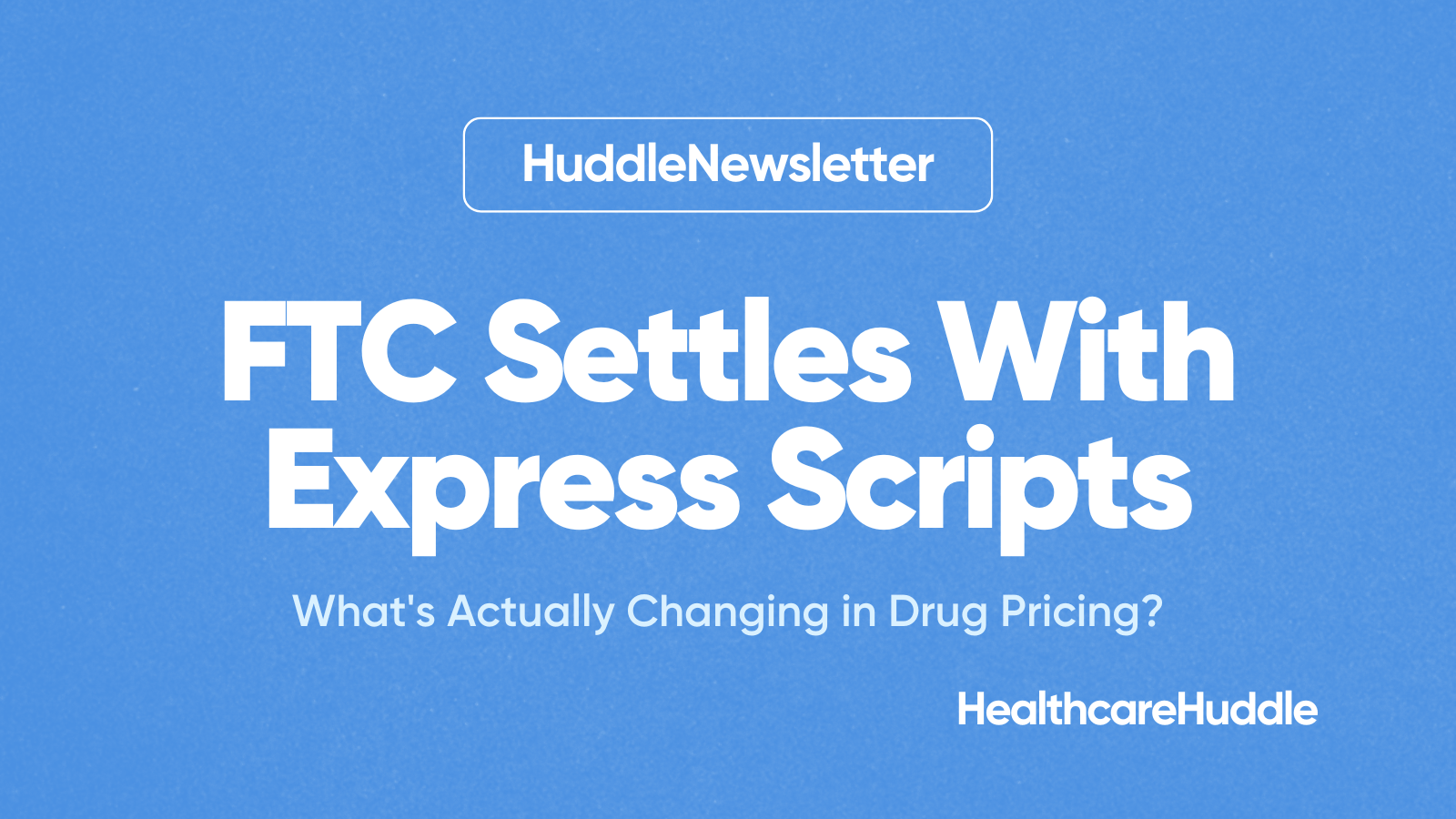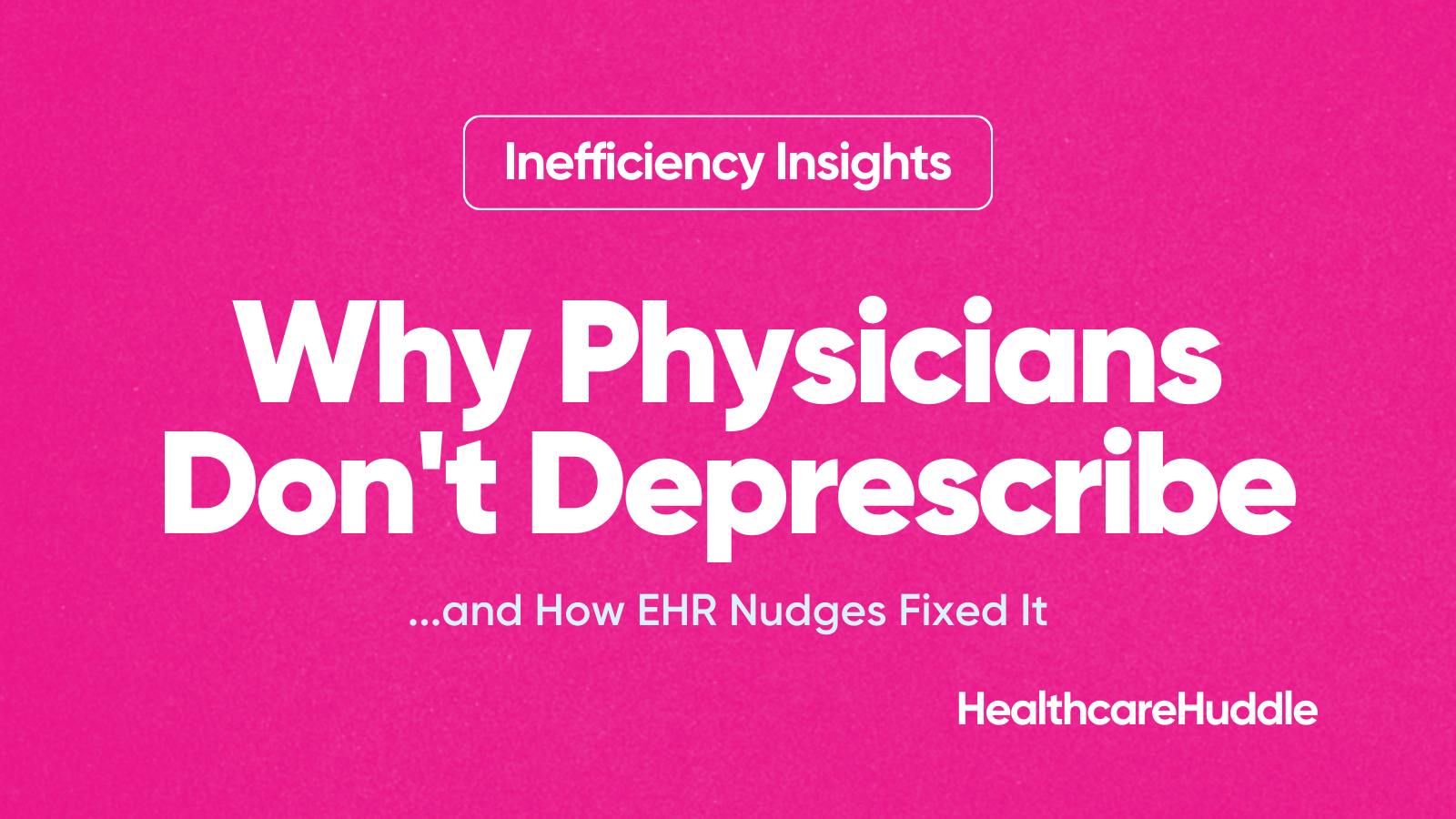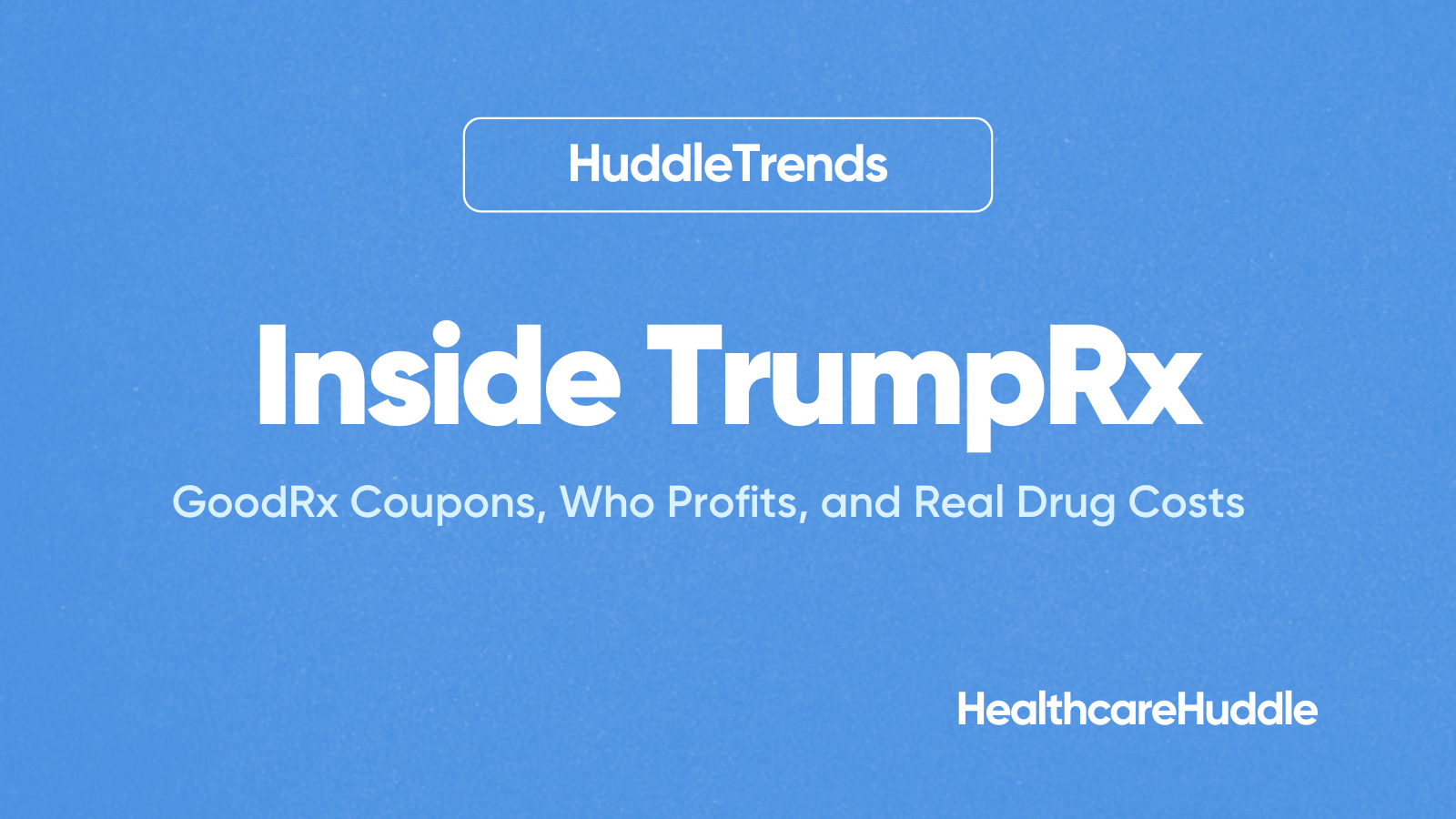HUDDLE #TRENDS
Mid-Year Check: 2025 Healthcare Trends and Predictions Update
We’re halfway through 2025, which means it’s time to check in on the bold predictions I made back in January. Some were spot on, others missed the mark, and a few are still up in the air. I’ll break them down one by one.
Digital Health
1. Whole-body Imaging Scan Companies Shut Down
CORRECT
We’ll soon hear about financial struggles, down rounds, or even closures for these companies.
Well, mostly correct.
I originally flagged the lack of recurring revenue as the Achilles’ heel here—and that still holds. These companies rely on expensive, one-time scans with the hope that people will come back annually. But how many people want to pay for an expensive whole-body scan every year?
Recently, Function Health acquired whole-body imaging scan company, Ezra. The deal expands Function’s offering beyond labs to include imaging—plus members now get steep discounts on Ezra’s scans (some over 50% off).
This may have been more of a soft landing than a strategic win. Just because Ezra was acquired doesn’t mean it was thriving. It’s possible this exit happened because things weren’t going well financially.
So, no, Ezra didn’t shut down—but it sure looks like a fire sale?
2. Unlabeled Rounds Catch Up to Startups
TOO EARLY TO TELL
We’ll see startups hit a wall, facing down rounds, acquisitions, or outright closures.
This one still needs time.
In late 2022 and 2023, a lot of startups raised unlabeled “growth” or “extension” rounds to delay facing a tough funding environment. My prediction was that in 2025, many of those companies would be forced to raise again—and that we’d see the fallout: flat rounds, down rounds, or no rounds at all.
But so far, the Q1 2025 Rock Health report hasn’t offered much visibility into whether that reckoning has started. Most of the deals reported were early-stage (Seed, Series A) and didn’t include valuation trends for unlabeled or bridge rounds.
We’ll likely get more clarity once the H1 2025 funding report drops (this week, likely). Until then, this prediction stays in the “wait and see” category.
3. Telehealth Flexibilities are Extended, Increase in Telehealth Companies
TOO EARLY TO TELL… BUT THERE’S MOVEMENT
I’m optimistic Congress will […] extend these telehealth rules. If that happens, we’ll see another wave of telehealth companies popping up. But instead of telehealth companies providing general physical and mental care needs, I envision telehelath companies laser-focusing on niche areas like chronic disease management (think diabetes or obesity) and substance use disorders (like opioid addiction).
Pandemic-era telehealth flexibilities have been extended once again—this time through September 2025. So, we’re still in a holding pattern.
Until Congress makes a permanent decision, it’s hard to gauge the long-term impact. But I stand by my prediction: once these flexibilities are locked in, we’ll likely see a new wave of niche telehealth startups emerge.
These won’t be your standard virtual urgent care clinics. It’ll be the hyper-focused, AI-enabled companies that tackle specific areas like obesity, diabetes, or substance use—and do it with a lean backend that automates much of the “office” overhead.
Still early days. But keep an eye out.
Wearables
4. CGM Device Makers Partner with Wearable Tech Startups
CORRECT
…upgrade to Huddle+ to read the rest!
Subscribe to Huddle+ to read the rest.
Become a paying subscriber of Huddle+ to get access to this post and other subscriber-only content.
UpgradeA subscription gets you:
- Traditional Sunday Healthcare Huddle newsletter and...
- Exclusive Content: Weekly Inefficiency Insights and Monthly Huddle #Trends newsletters
- Huddle University: Courses on essential healthcare topics
- The Huddle Community: Connect with a network of healthcare professionals, share insights, and stay ahead in the industry
- Discount for physicians, trainees, providers, students, employers. Email [email protected]







